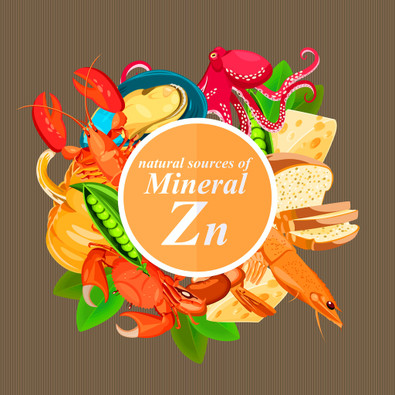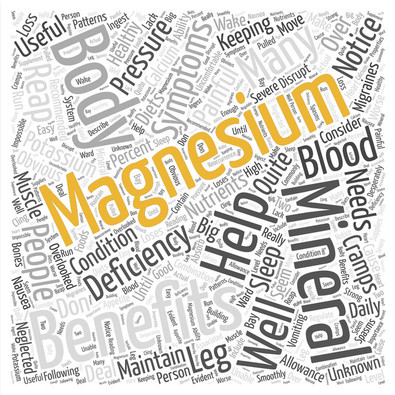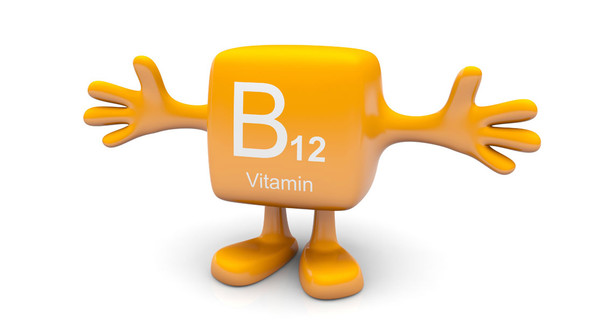Nov 3rd 2025
Magnesium Deficiency
According to the USDA, 80 percent of Americans are Magnesium deficient, leading to our epidemic of chronic and degenerative disease. Magnesium is mostly found in plant foods, including greens, nuts, seeds and whole grains. You may be thinking, “But I eat all of those things, I can’t be Magnesium deficient.” We, as Americans are suffering from a substantial reduction of magnesium in our diet through food processing, poor farming methods and the loss of magnesium from our soils. Normally, when one is deficient in an area, supplementation is necessary. Unfortunately, most Magnesium supplements are ineffective. Read the full article on magnesium deficiency to learn more about this pressing national health problem and what steps to can take to insure proper magnesium absorption.…
 Fuel your life with the purest vitamins
Fuel your life with the purest vitamins













